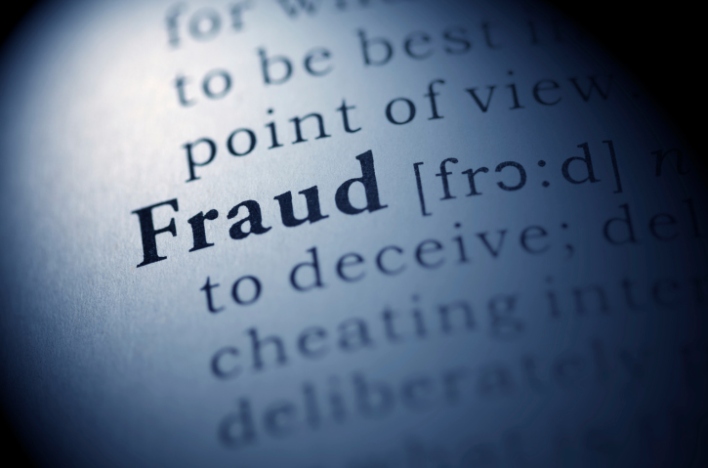My husband and I have been blessed with a family of eight children and 11 grandchildren. We have also hosted nine foreign exchange students from all over the world. Not only have I learned to change diapers
in the dark, answer the phone in eight different languages, and make a single chicken feed 10 people, I have also learned to smell a lie a mile away.
I didn’t think anyone could put one over on me—that is, until I was blindsided by a major embezzlement and nearly lost my family business.
When ‘Hard Work’ Is a Front
One of the biggest problems in looking for signs of workplace fraud is that, to the untrained business owner, many red flags masquerade as great work ethics.
Employees who live beyond their means, who have gambling problems, who have high numbers of voided checks and petty cash requests—we can easily see how they may indicate financial shenanigans are going on.
However, some of the most dangerous—and common—signs of fraud look like something else entirely: hard work and dependability. And that is precisely what makes them so dangerous.
Typical statements from business owners who discover that a trusted employee was embezzling include:
“She was the most trusted person in the company—just like a member of the family!” Because of that trust, she knew you would never check up on her. Make surprise reviews of financial records an ongoing practice.
“He was always there early and stayed late.”
He needed to be in the office alone so no one would see what he was up to. If an employee is constantly alone in the office, find out why and monitor it closely, or just forbid it altogether.
“She never took vacation or sick days.” She couldn’t risk being gone because someone might see what she had been doing. Vacation time should be mandatory for every employee. Fraud is often detected by someone who is filling in for a regular employee.
“He was always taking on additional responsibilities voluntarily.” Additional work probably also means access to more areas of your company, often without additional oversight. Be sure you have practices in place to monitor sensitive tasks.
“She wouldn’t let anyone touch things in her office, because she insisted it was the only way to keep everything orderly and secure.” Or maybe she didn’t want anyone looking at what she was doing. Talk to your attorney and find out how to keep an eye on what is in people’s desks, lockers and files without violating any privacy laws.
“He set up his personal contacts as suppliers and consultants, and said he had a good track record with them.” Perhaps those vendors are his favorites because of the lucrative business deals they are getting in return for kickbacks. Be sure that you are monitoring competitive bids, confirming new vendors, and that you have physical addresses on file for all vendors.
Red Flags to the Rescue
The most shocking thing to me after my embezzlement was seeing how many red flags had been there all along, which I had either ignored or misinterpreted. Don’t let your friendship with an employee, or your natural sense of trust for people, give a dishonest person a safe place to steal.
Red flags can save your business. Learn to spot them, and know what they mean!

